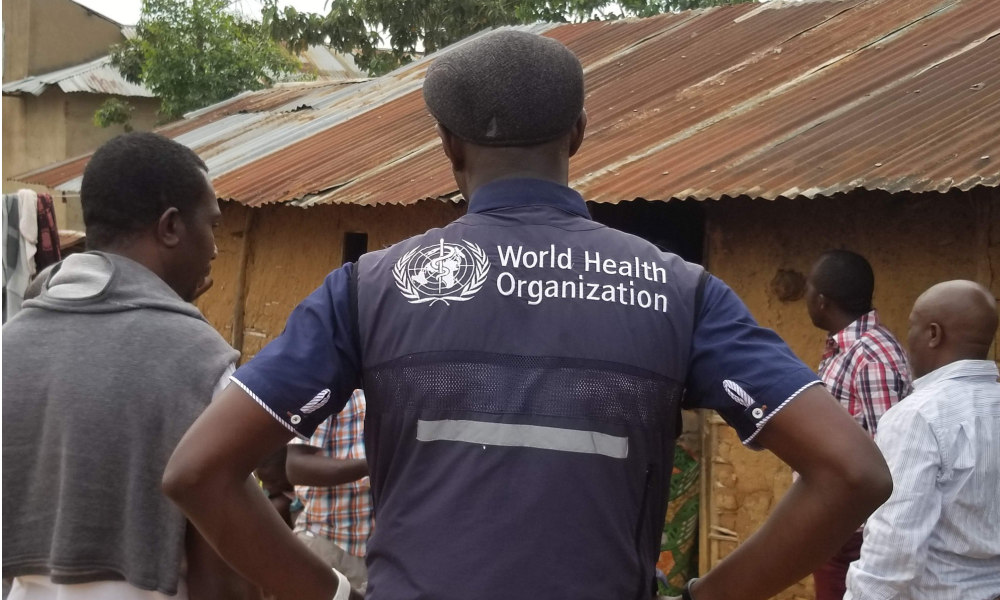Health
WHO investigates cause of illness in the DRC as nearly 1,100 fall sick, 60 dead

Nearly 1,100 people have fallen ill, with 60 deaths being confirmed, as health officials work to determine the cause of the outbreak in the Democratic Republic of Congo (DRC), according to the World Health Organization (WHO).
Health authorities in the DRC, along with WHO experts, are investigating three clusters of illness and community deaths in the country’s Equateur province, according to a Thursday update from WHO’s Africa Region.
A total of 1,096 cases and 60 deaths have been identified through increased disease surveillance, the update stated.
Symptoms identified under the broad case definition for increased disease surveillance include fever, headache, chills, sweating, stiff neck, muscle aches, joint pain, body aches, nasal bleeding or discharge, cough, vomiting, and diarrhea.
The most recent cluster emerged in the Basankusu health zone, where 141 people fell ill last week, though no deaths were reported. Earlier in February, the same health zone recorded 158 cases and 58 deaths. In January, the Bolamba health zone reported 12 cases, including 8 deaths.
Initial laboratory tests have ruled out Ebola virus disease and Marburg virus disease, according to the update. Approximately half of the samples tested positive for malaria, which is common in the region, with further tests planned for meningitis. Food, water, and environmental samples will also be analyzed to assess possible contamination.
Health experts from the DRC and WHO have been deployed to the affected areas to investigate any unusual patterns and to provide treatment for diseases such as malaria, typhoid fever, and meningitis.
In an earlier update, WHO Africa Region reported that preliminary investigations traced the initial cluster’s origin to three community deaths among children under five in Boloko Village between January 10 and 13. Reports indicated that the children had consumed a bat carcass before developing symptoms.
The WHO Africa Region report raised concerns over the high mortality rate, the rapid progression of the illness, and the risk of further spread. However, it also noted that the lack of epidemiological links between affected health zones may indicate separate health events.

-

 World1 day ago
World1 day agoEthiopian volcano erupts for first time in thousands of years
-

 Legal1 week ago
Legal1 week agoMichigan man JD Vance sentenced to 2 years for threatening Trump and JD Vance
-

 Politics1 week ago
Politics1 week agoU.S. to designate Maduro-linked Cartel de los Soles as terrorist organization
-

 Health1 week ago
Health1 week agoCambodia reports fatal H5N1 bird flu case in 22-year-old man
-

 Legal5 days ago
Legal5 days agoWoman in critical condition after being set on fire on Chicago train
-

 World5 days ago
World5 days agoHurricane Melissa registered 252 mph wind gust, breaking global record
-

 Politics1 week ago
Politics1 week agoEpstein survivors release PSA calling on Congress to release all files
-

 Legal4 days ago
Legal4 days agoSuspect in San Diego stabbing shot by authorities after fleeing into Mexico




